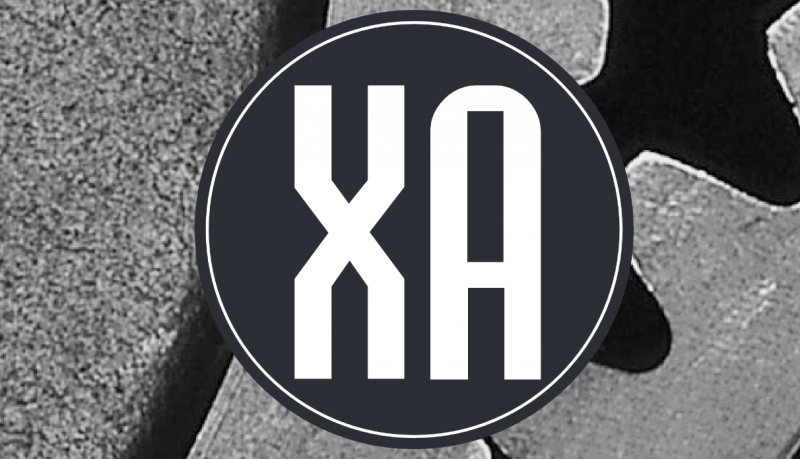
In the 1990s Intel and Philips teamed up to create a true 16-bit derivative of the 8051 architecture. The best (and only true) C compiler was developed in Australia by HI-TECH Software however it was last sold in the early 2000’s and until recently, aside from a crappy incomplete demo version, has been completely unobtainable. I contacted Microchip’s customer support (who bought HI-TECH) and even they were unable to find it in their archives.

The binaries of v7.72 have been uploaded to GitHub by Karsten Hansen who bought a division of Philips in 2001 and got a copy of this C compiler along with it.
Here is the text from a letter written to HI-TECH in the 1990s complaining that an (earlier) version of the compiler was basically unusable. An interesting read.
I also have a demo of v7.73 however I would not recommend it as it is missing the floating point libraries and crashes when supplying the -D (pre-compiler directive) command line option – a very important feature in a compiler!
If you need a license key for it contact Microchip’s customer support as they still have the tool to generate them and will happily supply one free of charge.
I was only able to run it on Windows XP however there may be a trick to get it to run on newer OSes.
Posted in Vintage microcontrollers
> I was only able to run it on Windows XP however there may be a trick to get it to run on newer OSes.
It it generally a good idea to install such old stuff on an older OS (I indeed prefer WinXP-SP3 for that), running inside a VMware VM. This isolates things a bit, _and_ I can run it from any of my machines, er, “devices these days” …
> I was only able to run it on Windows XP however there may be a trick to get it to run on newer OSes.
DosBox is one solution. I recently pulled out of storage a Hi-Tech 8051 C Compiler and a self built Lucifer source level debugger. DosBox even supports serial comms with Lucifer via a USB to RS232 converter. Everything compiling and working correctly like its 1990 again!